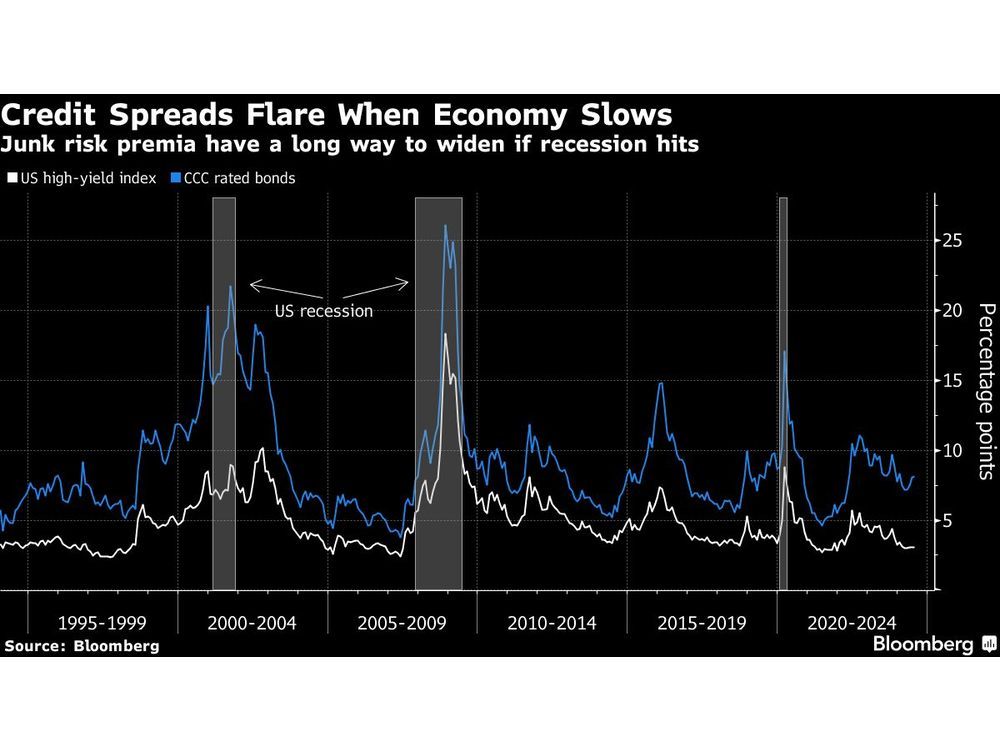Follow us on LinkedIn
As companies grow, the size of their operations and segments increases. Accounting standards may entail reporting these segments separately. However, the requirements may differ between different accounting frameworks. Segment reporting is a crucial aspect of accounting, especially for larger companies. Therefore, it is critical to discuss it.
What is Segment Reporting?
Segment reporting is a financial practice where companies provide detailed insights into the performance of different aspects of their business, known as segments. These segments could arise from various factors such as product lines, services, geographic regions, or customer types. By breaking down financial information for each segment, companies aim to offer a clearer picture of their overall financial health and performance.
Segment reporting is particularly beneficial for large companies with diverse operations, allowing stakeholders to evaluate individual profitability and the contribution of each segment to the company’s overall success. The information disclosed includes revenues, operating income or loss, assets, and other relevant data, providing a comprehensive view for investors, analysts, and decision-makers.
How does Segment Reporting work?
Segment reporting operates as a financial transparency mechanism within companies, breaking financial data down into distinct segments for detailed analysis. The initial step involves the identification of these segments, which can be delineated based on product lines, services, geographic regions, or other criteria deemed essential for strategic decision-making. Subsequently, specific financial details, including revenues, operating income or loss, and asset information, are compiled for each segment.
This tailored information caters to the needs of the Chief Operating Decision-Maker (CODM), guiding resource allocation and strategic decisions. The disclosed segmented financial data is then incorporated into the company’s financial statements, offering stakeholders a comprehensive view of individual business areas alongside consolidated financial figures. Additionally, companies may extend segment reporting to geographic regions, providing further insights into the global distribution of their operations.
How is Segment Reporting different under IFRS vs GAAP?
Segment reporting under Generally Accepted Accounting Principles (GAAP) and International Financial Reporting Standards (IFRS) shares common objectives but diverges in specific requirements. GAAP defines operating segments based on factors like product similarities, customer types, and distribution methods, allowing for aggregation if characteristics align.
On the other hand, IFRS does not specify quantitative thresholds but stresses the importance of disclosing regularly reviewed segments, providing more flexibility. It requires the disclosure of segment assets if used by the CODM and allows greater flexibility in allocating certain costs. In contrast to GAAP, IFRS explicitly mandates the separate reporting of geographic segments, necessitating disclosure of revenue from external customers and non-current assets.
Why is Segment Reporting important?
Segment reporting is essential in the financial landscape, providing stakeholders with a comprehensive and detailed understanding of a company’s diverse operations. Its significance lies in the ability to evaluate the individual performance of distinct business segments, enabling investors, analysts, and management to discern the contributions of each segment to the company’s overall success.
This breakdown of financial information guides strategic decision-making, facilitating efficient resource allocation as companies identify and invest in high-performing segments while addressing challenges in underperforming areas. Moreover, it serves as a vital tool for risk assessment, allowing companies to identify and manage risks associated with specific segments.
Conclusion
Segment reporting allows companies to break their operations down based on various characteristics. This type of reporting may be mandatory under accounting standards for some companies. Segment reporting is crucial for stakeholders. However, the requirements may differ based on the accounting framework in use.
Further questions
What's your question? Ask it in the discussion forum
Have an answer to the questions below? Post it here or in the forum
Meta rolled back January 6-era restrictions on former President Donald Trump's social media accounts ahead of the Republican National Convention.



June saw 75 filings, up from 62 in May and above the pandemic-era peak of 74 in July 2020, according to S&P Global Market Intelligence.

Credit markets are breathing a sigh of relief after inflation data showed price pressures are cooling broadly, but a weakening economy poses fresh risks to corporate debt.